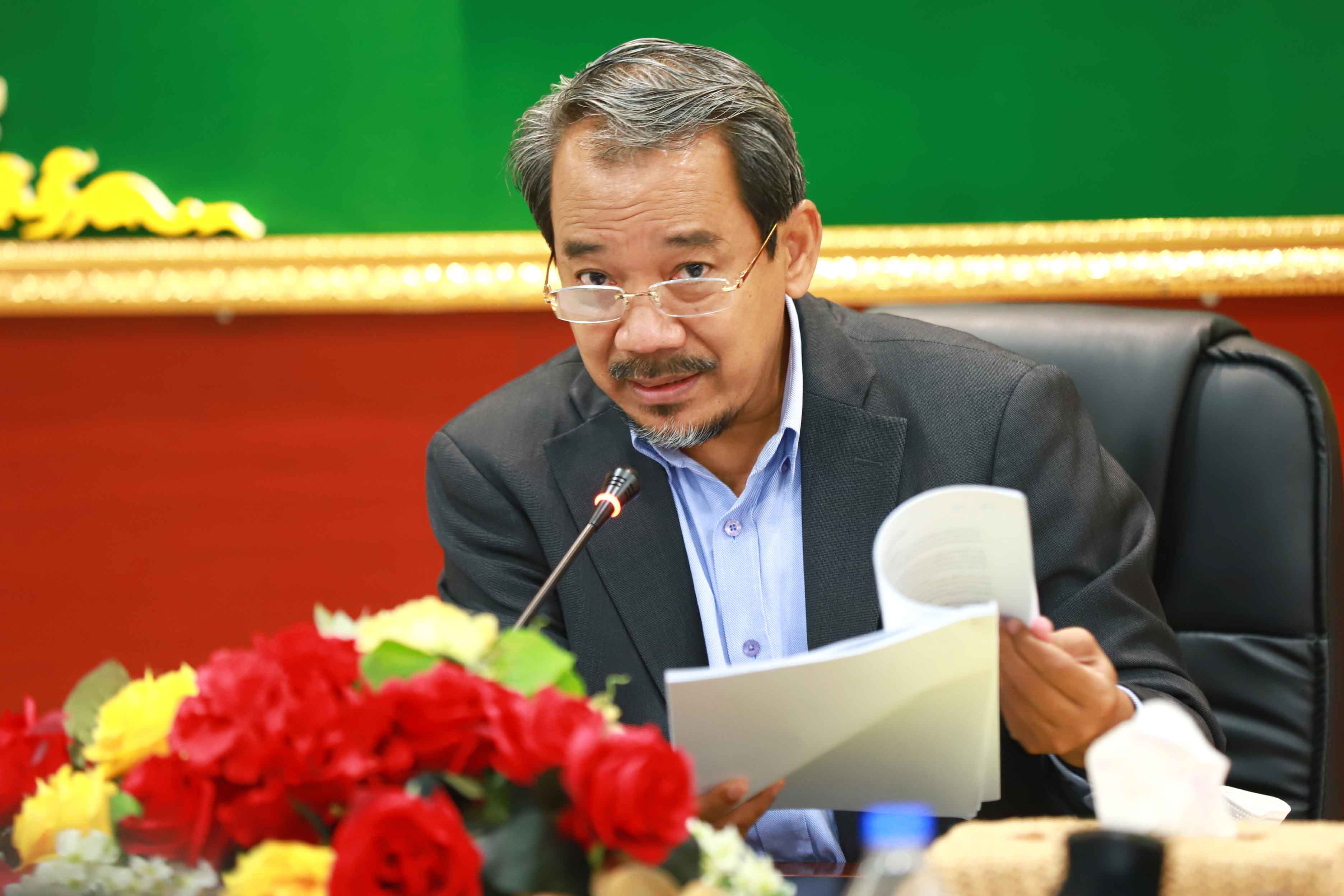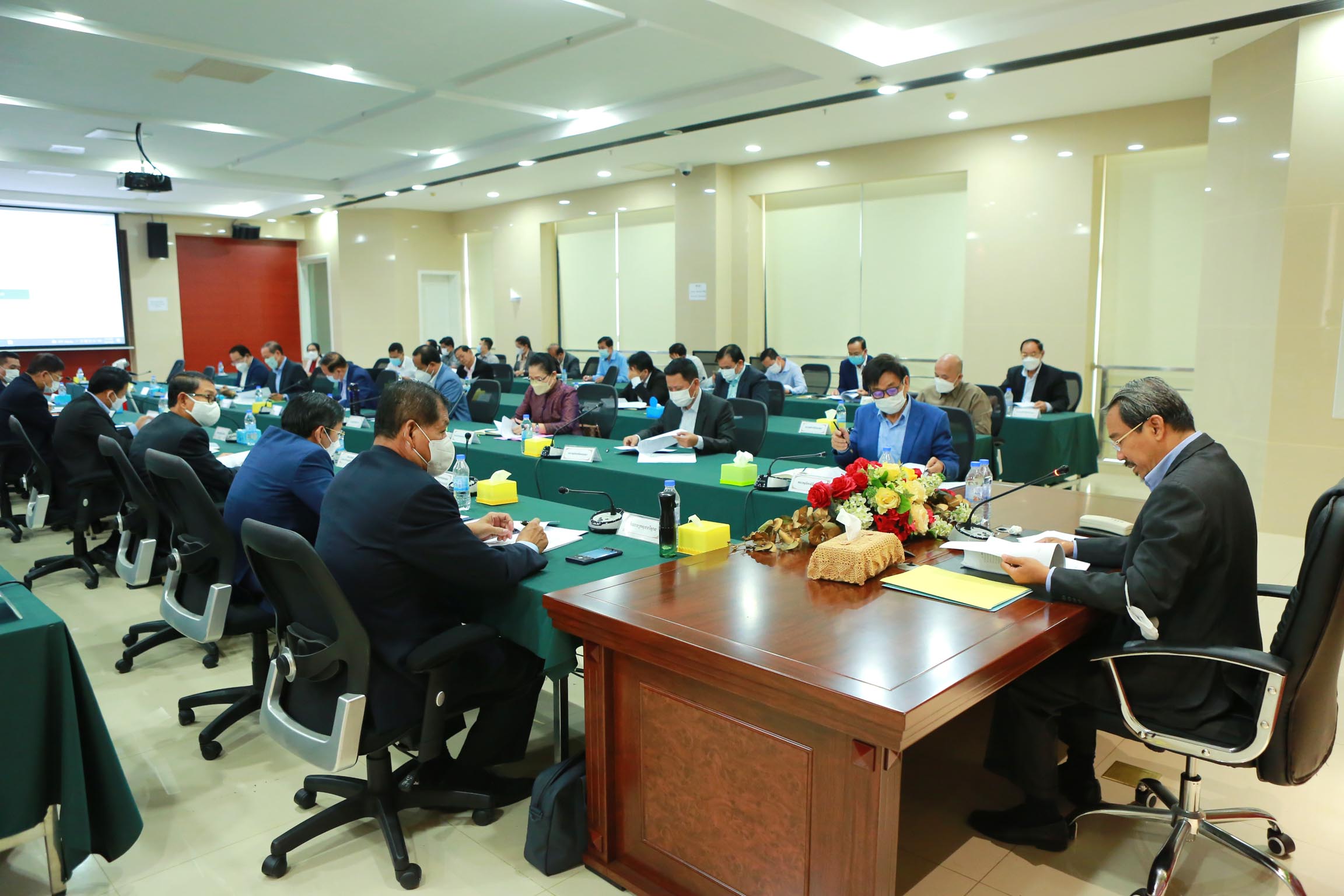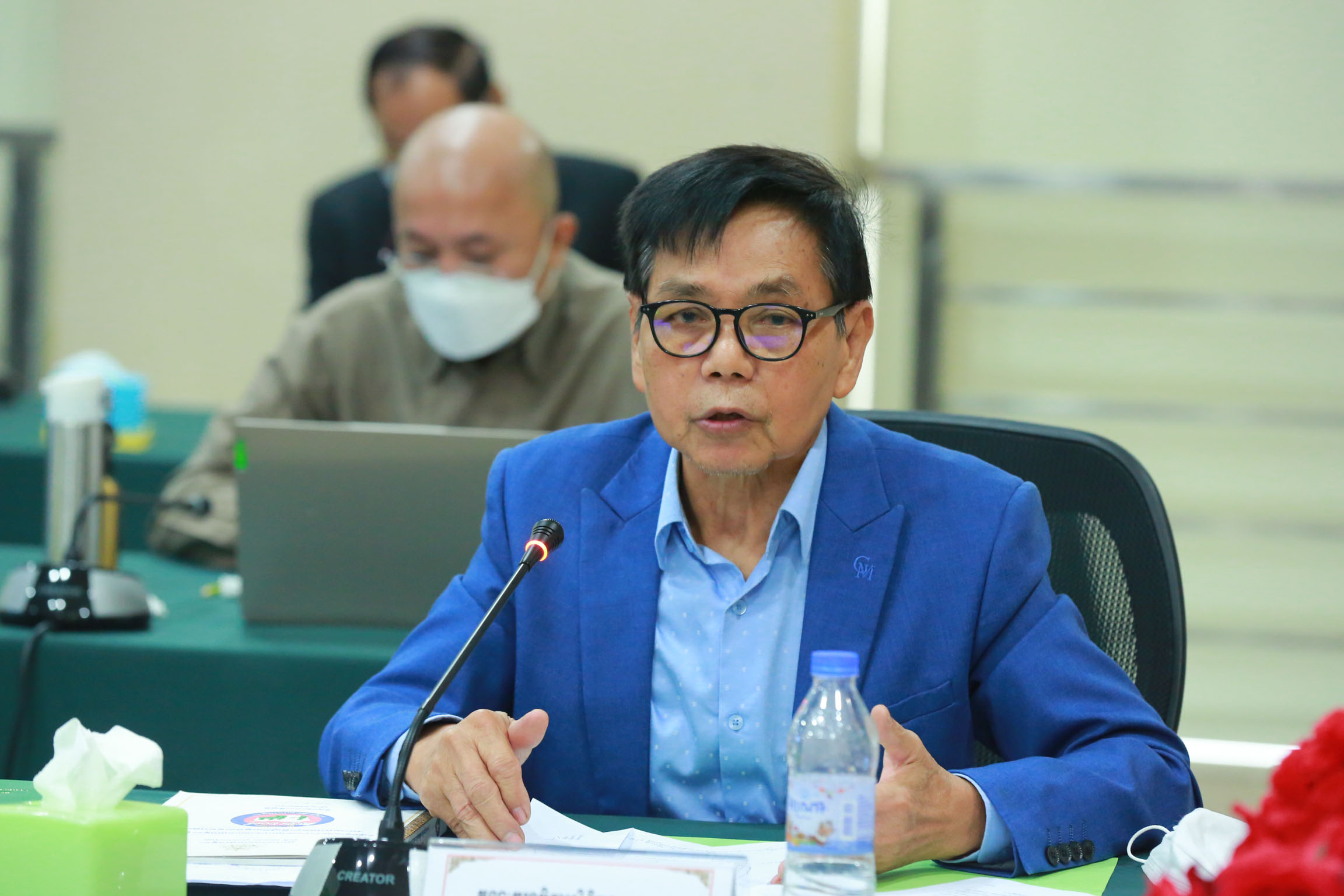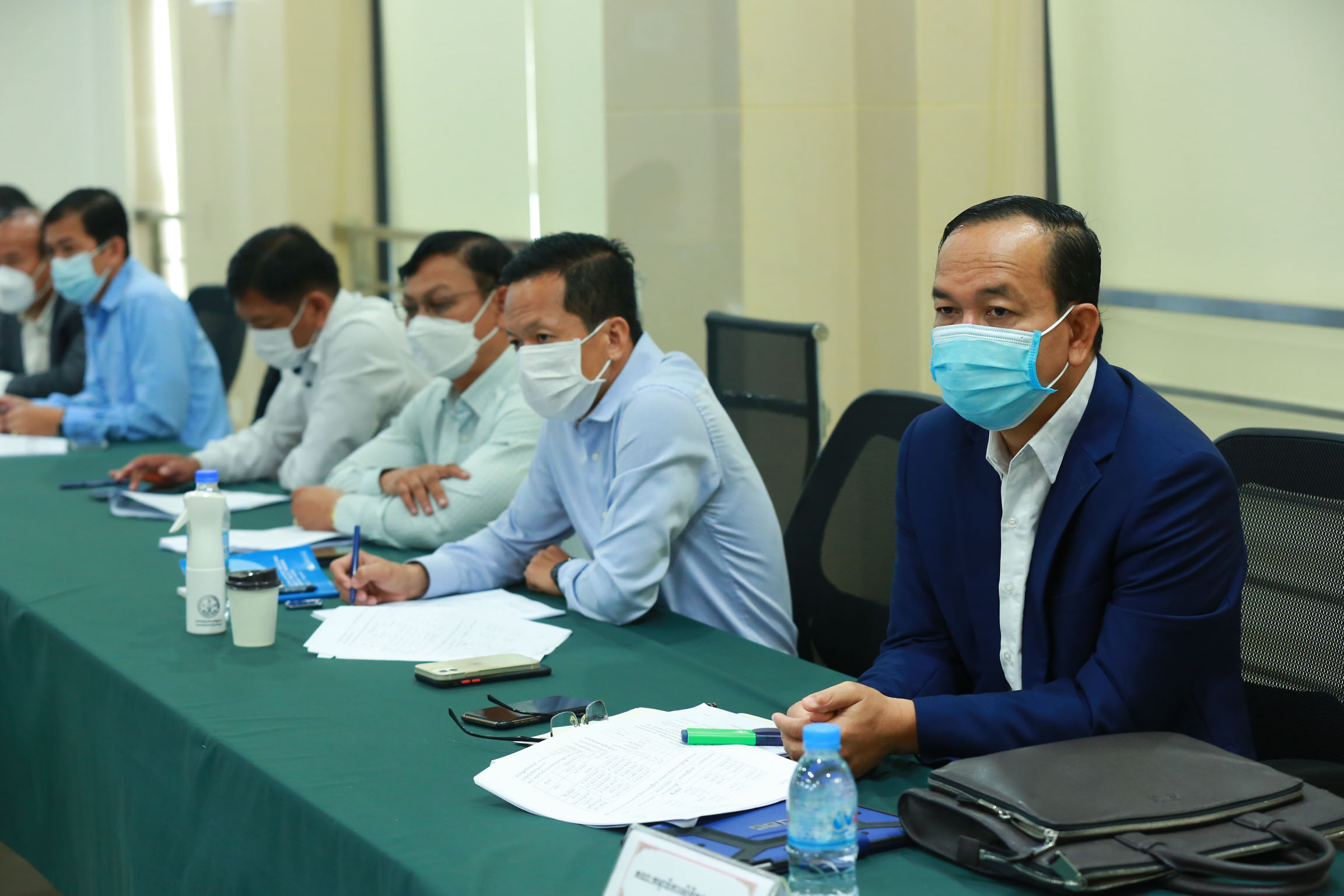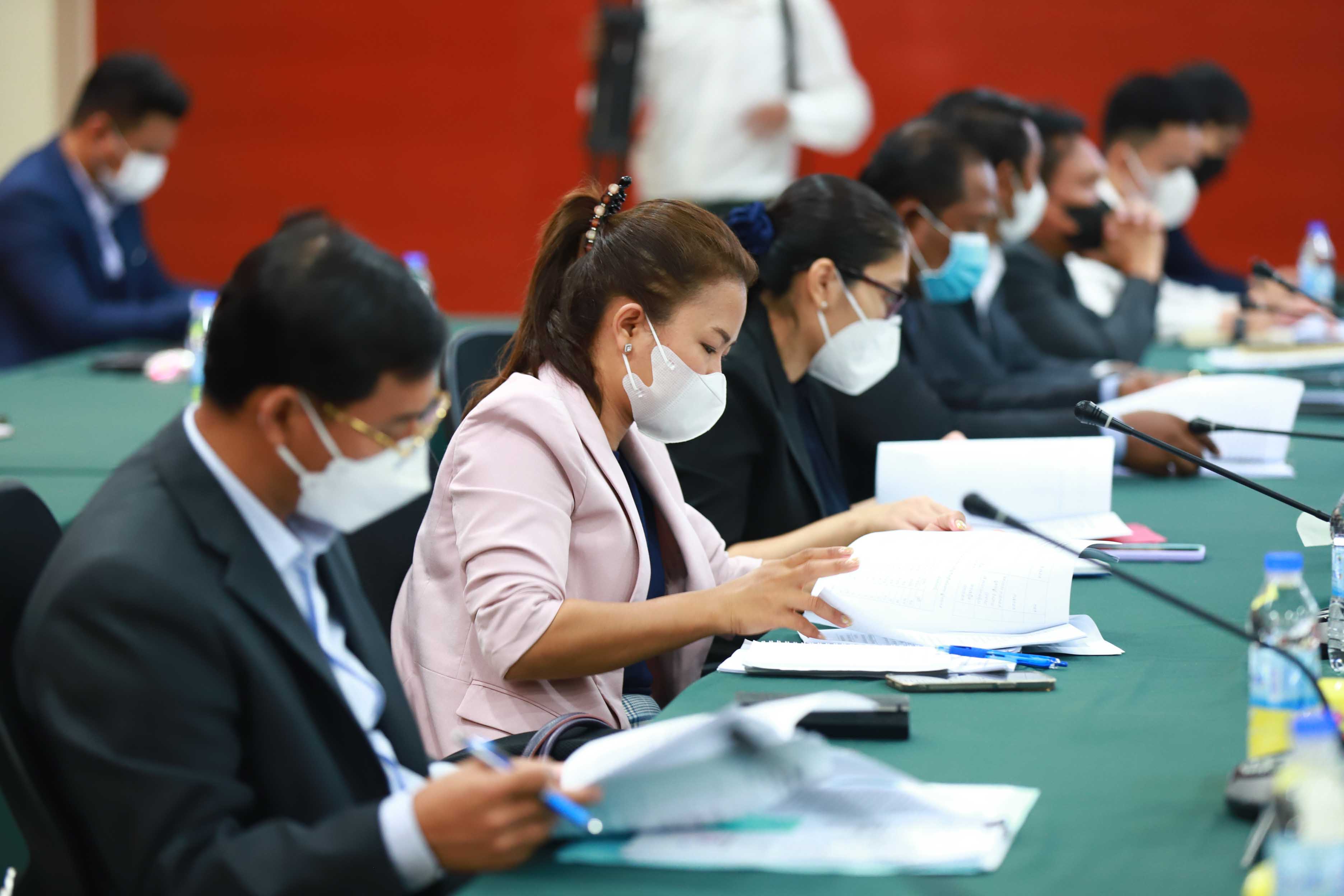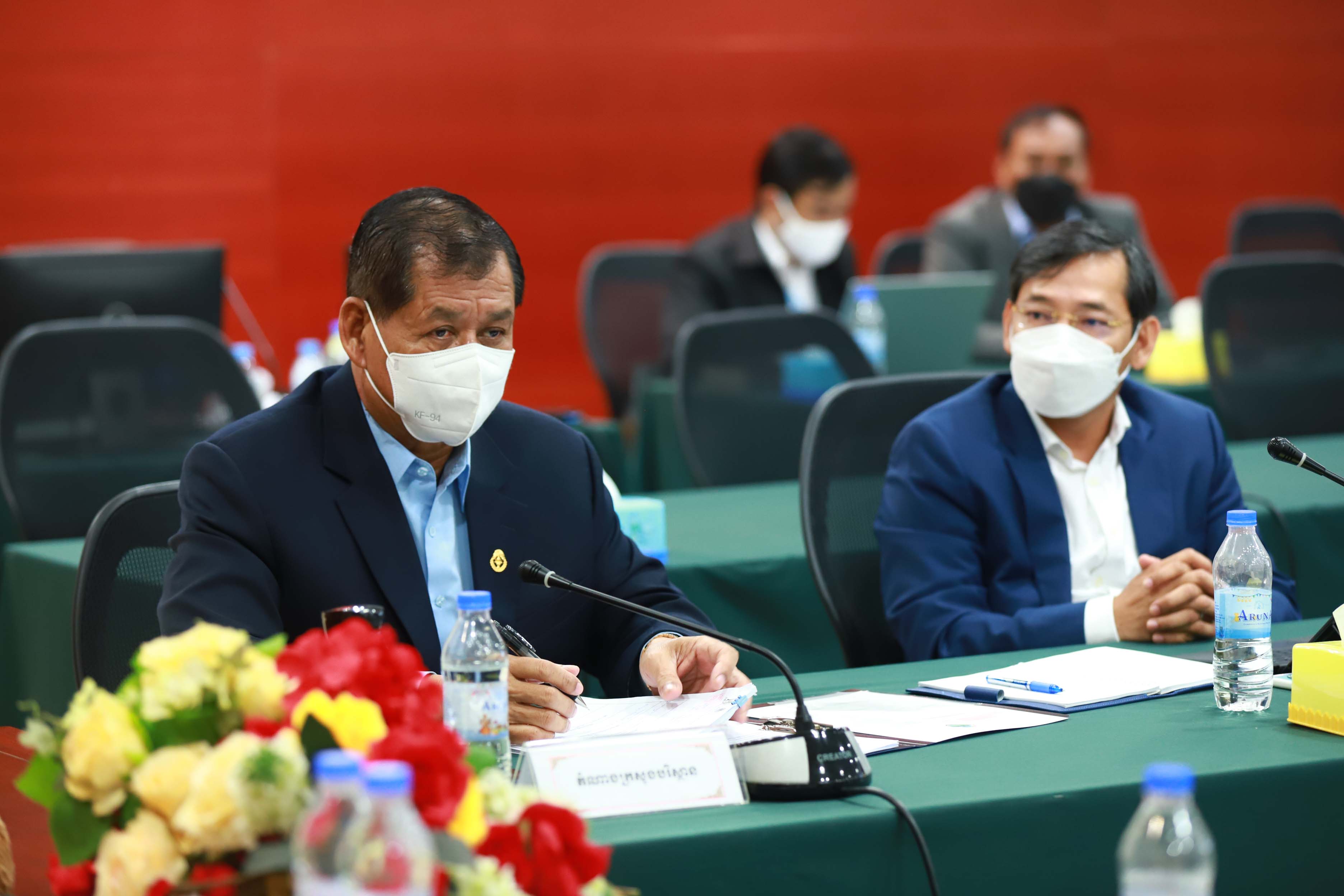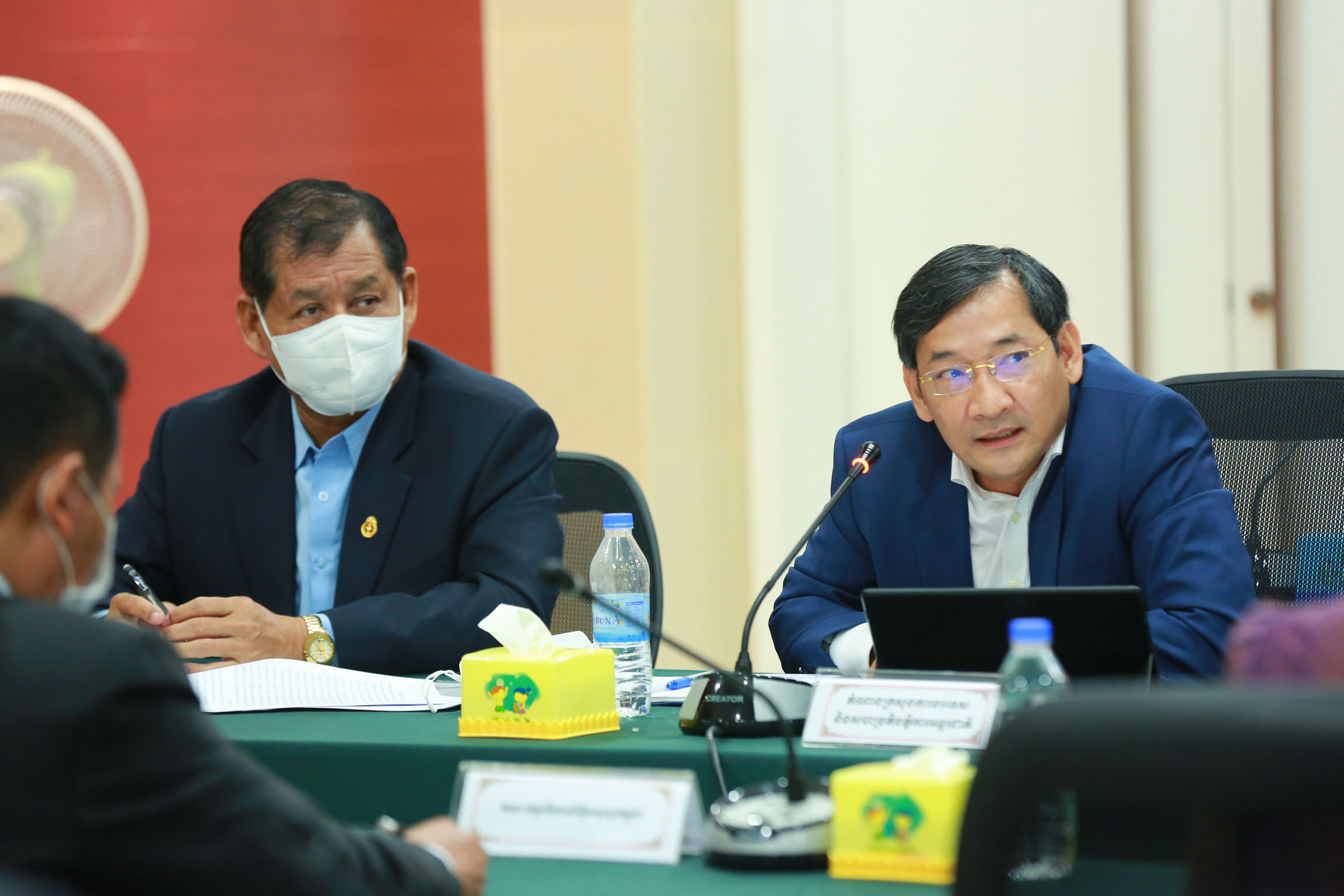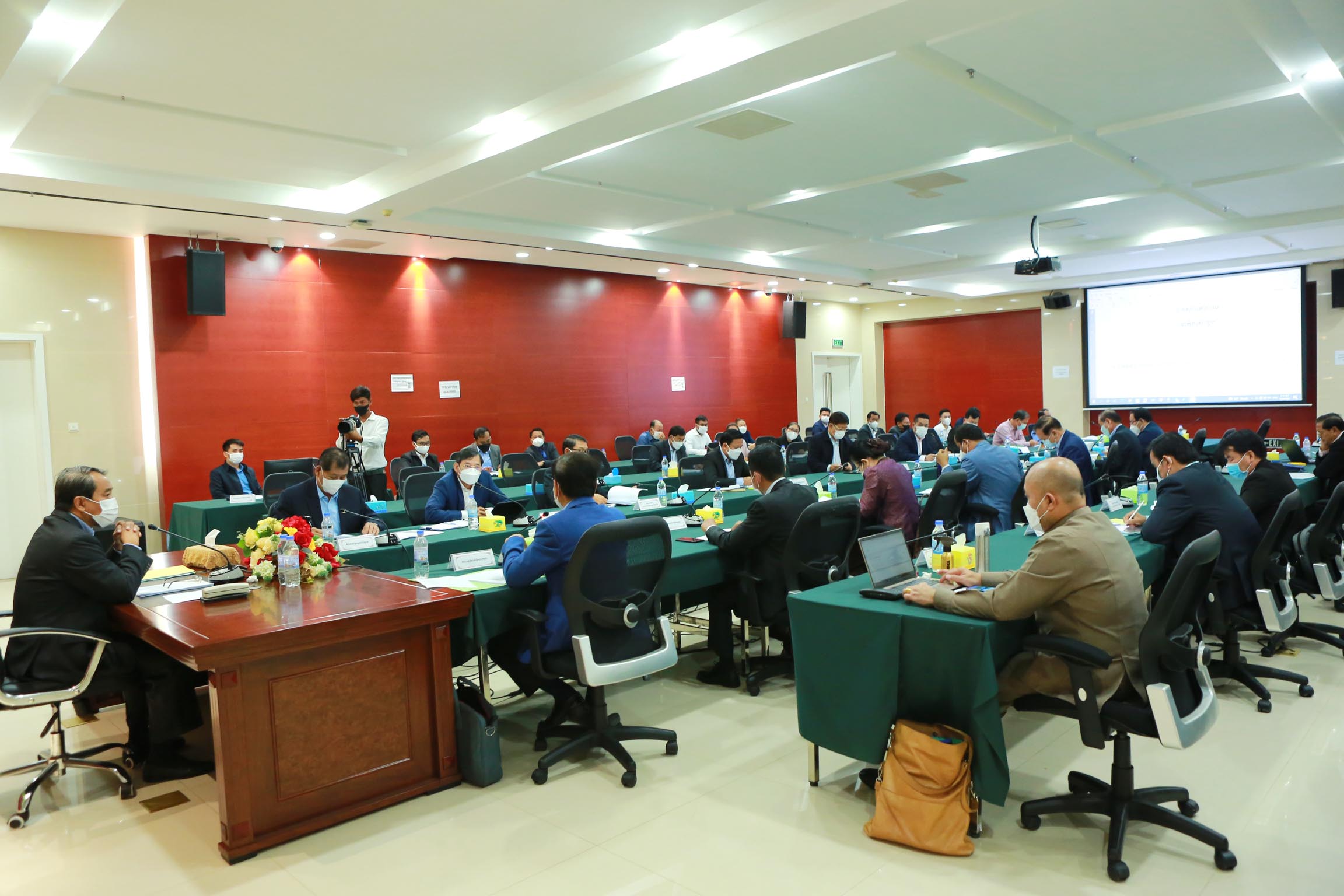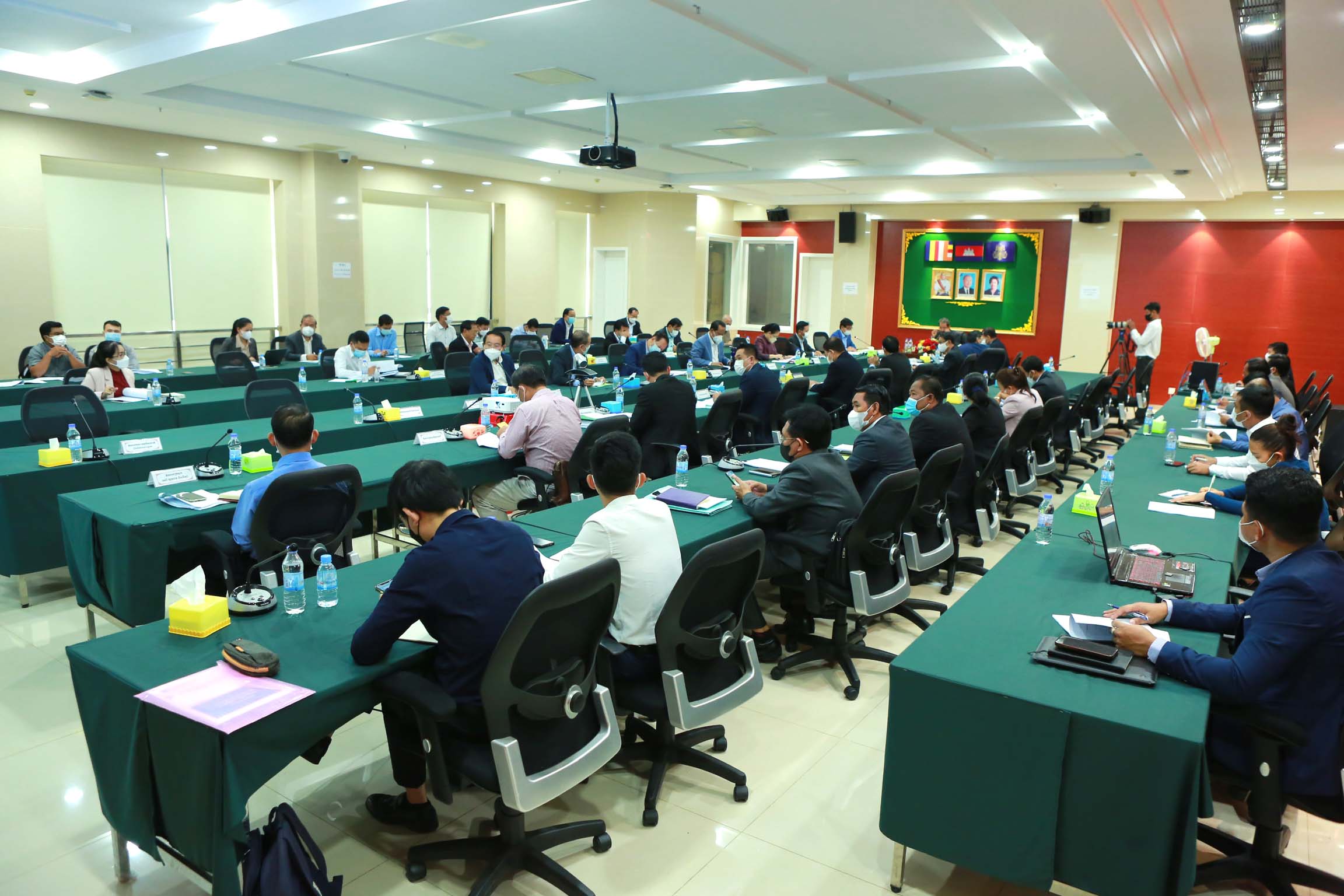Inter-Ministerial Human Rights Committee to Write Cambodian Human Rights Report and Submit it to the UN
PHNOM PENH: The Cambodian Human Rights Committee (CHRC) chaired an inter-ministerial meeting to write a report on human rights in Cambodia and submit it to the United Nations. This meeting was held on Thursday morning, 21 July, at the Office of the Council of Ministers.
In the process of this inter-ministerial meeting, the representatives of all ministries and institutions carefully examined all points within the jurisdiction of each ministry and institution to ensure that the information included in the joint document is accurate and comprehensive in each field, especially in its numerical data.
After revising the final draft, the CHRC will respectfully request Prime Minister Hun Sen's approval of this document and then submit it to the United Nations, through the Ministry of Foreign Affairs and International Cooperation, to share to all treaty entities to which Cambodia is a party.
It should also be noted that this joint document will cover all the necessary general information about Cambodia, and will form the first general section of all reports for submission to the institutions of treaties provided by the Kingdom of Cambodia for ratification. It acts as a way to reduce some of the duplicated information contained in the National Report of Cambodia.
Cambodia has submitted its Joint Principles to the United Nations since 1997, and any revision of the Joint Principles is in response to a request from the United Nations to update necessary information about the Kingdom of Cambodia. The document focuses on three main points: general information about the Kingdom of Cambodia related to all treaties, including information on the geographic, demographic, economic, social, cultural, constitutional, political and legal structures of the state; the general jurisdiction framework for the protection of human rights; and non-discrimination and resolution.
